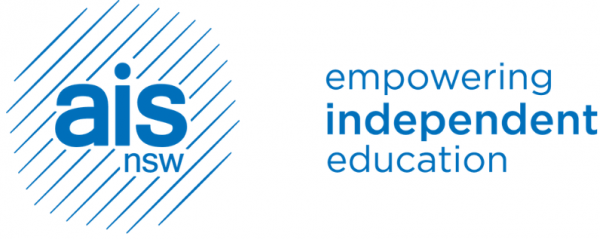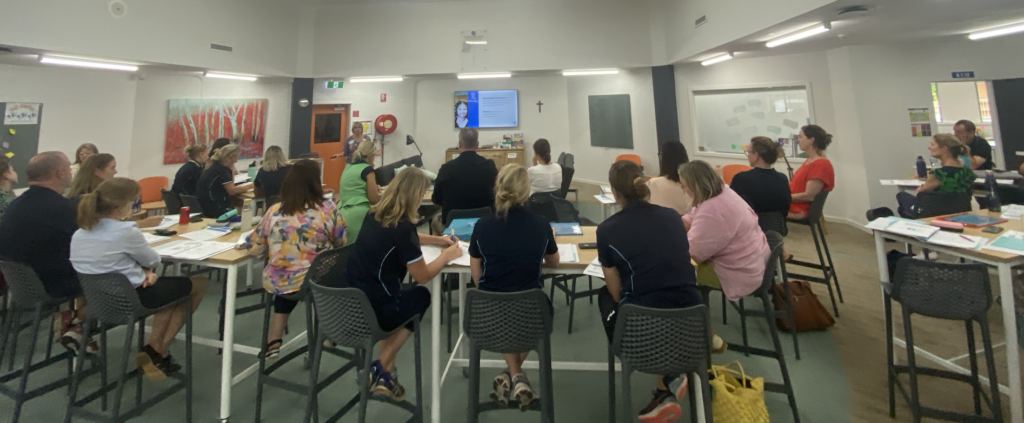Spelling is an essential component of written language and plays a crucial role in developing effective written communication skills. Researchers in neuroscience and cognitive psychology agree that spelling is an integral component of the brain’s reading architecture (Ouellette & Sénéchal, 2017), yet spelling is a more complex skill than reading (Caravolas, Hulme & Snowling, 2020). Spelling is not just about transcription, but it involves students thinking critically to draw on a range of strategies to correctly spell words. While it’s tempting to think auto-correct and artificial intelligence will solve all of our problems, the reverse is true. As our exposure to advanced vocabulary increases, students need to be explicitly taught a repertoire of spelling strategies—including phonology, orthology, morphology, and etymology—to become successful spellers.
By teaching these strategies explicitly, students can develop a deeper understanding of how words are spelled, and use their critical thinking skills to spell unfamiliar words. This, in turn, can increase their confidence and motivation to spell, leading not only to improved spelling abilities but improvements in reading (Moats, 2005), writing (Hayes & Berninger, 2014), and overall self-confidence.
Spelling is a complex skill to teach and the ever-changing demands of communication in the 21st century require the ways we teach spelling to students to be more adaptive. Acknowledging this, the new NSW English Syllabus requires staff to have a much greater understanding of the linguistic elements of spelling. To support our primary teachers to feel confidently skilled in this area, they are engaging in the Association of Independent Schools NSW Primary Spelling Initiative, which includes participating in a series of live professional learning modules; as well as observing demonstration lessons that happened in classes this week.



This program also acknowledges the importance of educating parents on how best to support their child’s spelling at home. Jill Ryman, the AIS consultant who is leading this program, led a parent information session on Wednesday night. Not only did she explain the broad complexities of spelling, which is well beyond just memorising lists, but she also shared many useful tips.
One strategy that parents can use is to break words down into syllables. For example, if a child is trying to spell the word “elephant,” they can break it down into “e-le-phant” and then spell each syllable separately. Encourage children to say each sound (phoneme) in a word and then write down the corresponding letter (grapheme).
Another strategy is the use of Orthography, which involves teaching children the spelling patterns of words. For example, children can learn that the word “cat” is spelled with a “c” and not a “k.” By teaching children these patterns, they can learn how to spell words more efficiently, as they can apply the patterns to other words that follow the same spelling generalisation.
Most importantly, she explained the importance of making spelling practical and relevant to their daily lives. For example, ask your child to write the shopping list. This helps children to see the real-world application of their spelling skills and can make it more engaging and meaningful for them.
We encourage you to watch the video below so that you can better support your child with their spelling at home or maybe even be inspired to learn with them as they learn.
Recommended Reading for Those Wanting More:
Lyn Stone. (2009). Spelling for Life: Uncovering the Simplicity and Science of Spelling
Lyn Stone https://lifelongliteracy.com/resources/free-videos
Alison Clarke’s spelfabet https://www.spelfabet.com.au
References:
Carol Mesa, Dianne F. Newbury, Marysia Nash, Paula Clarke, Rosanne Esposito, Louise Elliott, Zulema De Barbieri, Ma. Angélica Fernández, Pia Villanueva, Charles Hulme, Margaret J. Snowling. (2020). The effects of reading and language intervention on literacy skills in children in a remote community: An exploratory randomized controlled trial. International Journal of Educational Research Volume 100,101535.
Hayes, J. R., & Berninger, V. W. (2014). Cognitive processes in writing: A framework. In B. Arfé, J. Dockrell, & V. Berninger (Eds.), Writing development in children with hearing loss, dyslexia, or oral language problems: Implications for assessment and instruction (pp. 3–15). Oxford University Press. https://doi.org/10.1093/acprof:oso/9780199827282.003.0001
Ouellette, G., & Sénéchal, M. (2017). Invented spelling in kindergarten as a predictor of reading and spelling in grade 1: A new pathway to literacy, or just the same road, less known? Developmental Psychology, 53(1), 77-88. doi:http://dx.doi.org/10.1037/dev0000179
Louisa C. Moats. (2005). How Spelling Supports Reading And Why It Is More Regular and Predictable Than You May Think. AMERICAN FEDERATION OF TEACHERS Winter 2005/06

